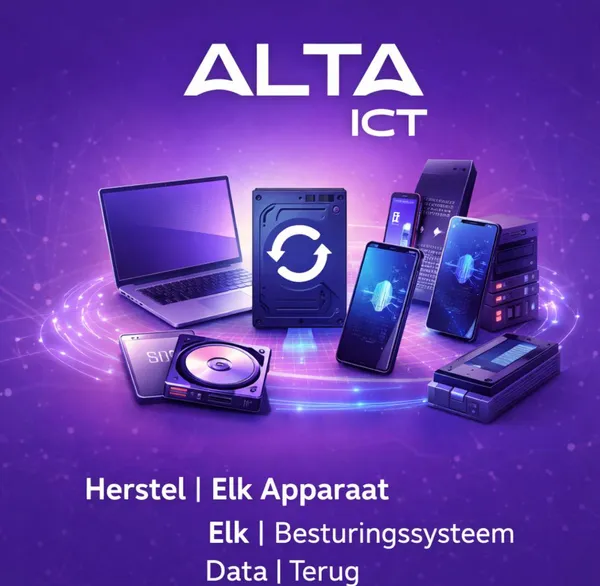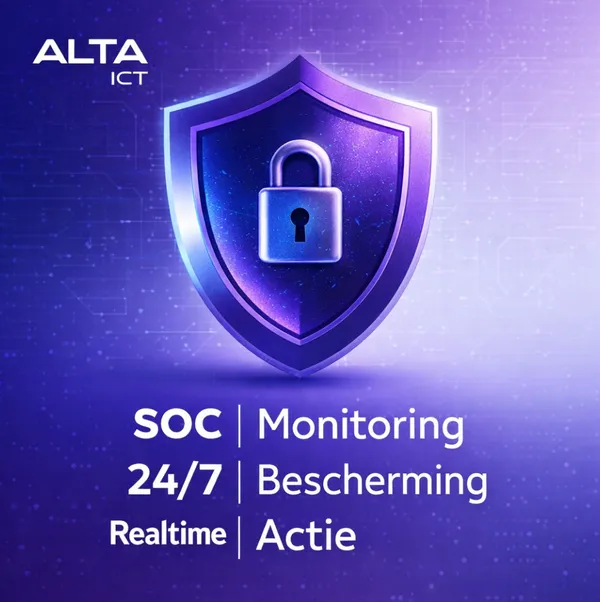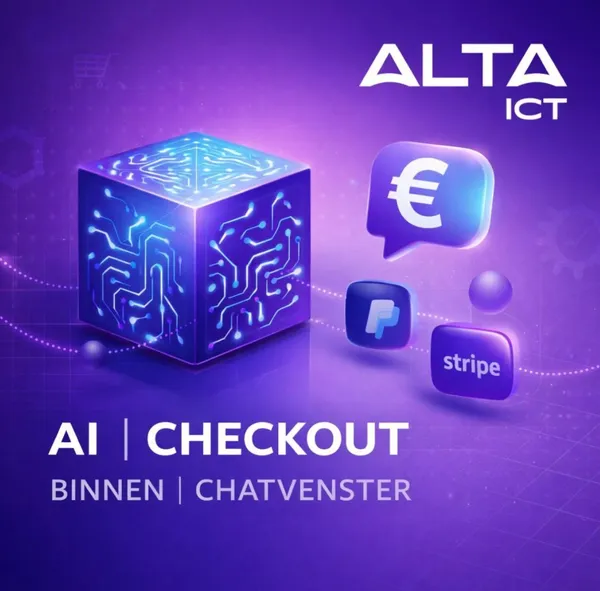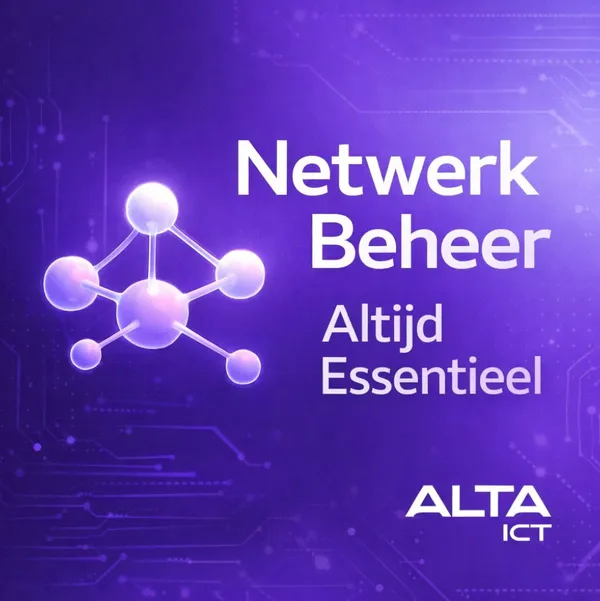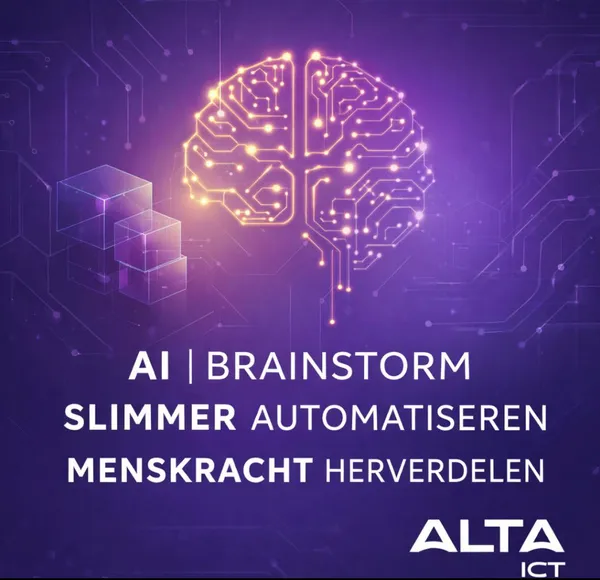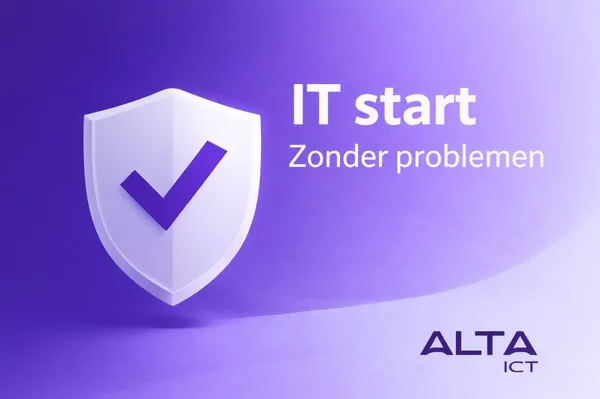
Knowledge base
May 18, 2023
More features and paid access for Microsoft 365 Copilot
Microsoft is rolling out new Copilot features for its office applications and services, which will be accessible to 600 customers willing to pay for early access.
The technology giant is expanding preview access for its Microsoft 365 Copilot, a digital assistant based on OpenAI’s GPT-4 that provides AI-driven features for Microsoft 365 apps and services. In addition, Microsoft announced a new indexing tool that enables Copilot to more accurately report on internal company data, as well as new features for apps such as Microsoft Whiteboard, Outlook and PowerPoint.
Microsoft is launching the Microsoft 365 Copilot Early Access Program – an invitation-only paid preview program that will initially roll out to 600 global customers. Before this expansion, only 20 customers had access to the Microsoft 365 Copilot. New customers will be asked to pay an undisclosed amount for this early access, but Microsoft has not yet announced when the rollout will begin. We have contacted Microsoft for more information and will update this article as soon as we receive a response.
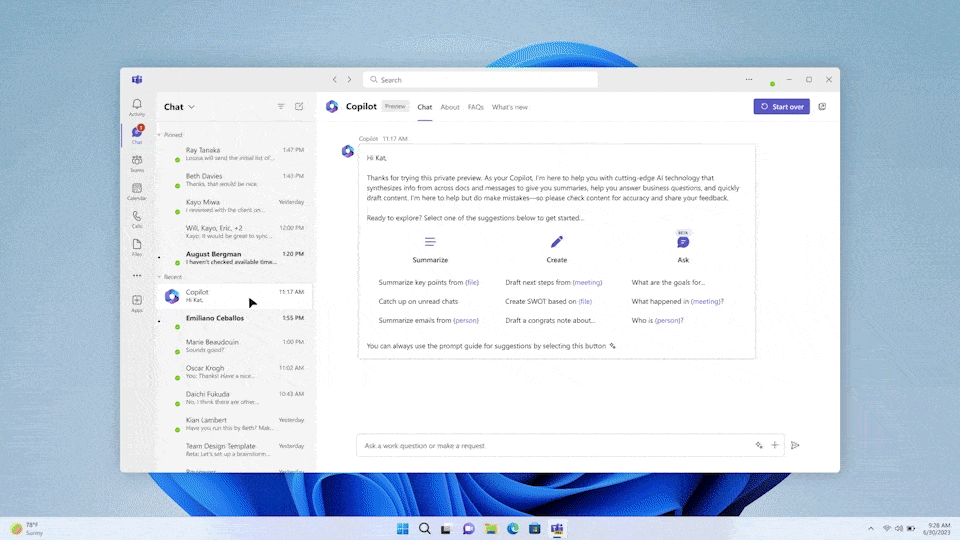
Copilot’s new Semantic Index feature helps accurately retrieve user-requested data, rather than just keyword-based results. Image: Microsoft
In addition, Microsoft is introducing several new features for the Microsoft 365 Copilot. A new semantic index feature is being launched for business customers with the Microsoft 365 E3 or E5 suite, which creates an intuitive map of both user and business data. According to Microsoft, the semantic index is “essential for delivering relevant, actionable responses to prompts in Microsoft 365 Copilot.” For example, by asking Copilot for a “March sales report,” the tool will recognize that “sales reports are created by Kelly in the finance team and created in Excel,” rather than simply searching for documents containing those keywords.
Microsoft states that this update will also improve enterprise data-based search results for E3 and E5 customers, even if they do not use Copilot. By having access to internal company data, existing automation processes and workflows can be streamlined more reliably.
In addition, Copilot will be integrated into Whiteboard, Microsoft 365’s digital canvas app for brainstorming sessions. Users can call Copilot to generate ideas on specific topics and summarize whiteboard content. Copilot can also use Microsoft’s new graphic design tool, Microsoft Designer, to visualize these ideas by generating images based on the idea prompts created on the whiteboard.
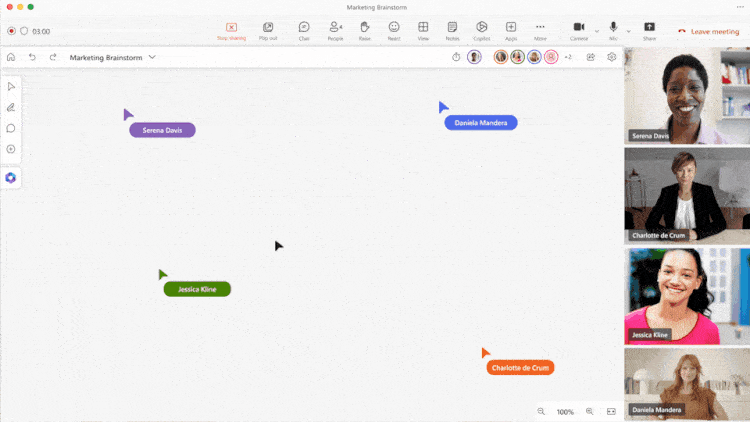
In Microsoft Whiteboard, Copilot can create suggestions from text prompts and integrate them directly. Image: Microsoft
New features are also being introduced in applications that already support the Microsoft 365 Copilot preview. For example, DALL-E, OpenAI’s text-to-image generator, is now integrated into Microsoft PowerPoint. Users can instruct Copilot to create images based on textual descriptions, which can then be included in their presentations. In addition, Copilot can refine texts in PowerPoint, such as transforming bullet points into paragraphs (or vice versa), or adjusting the tone.
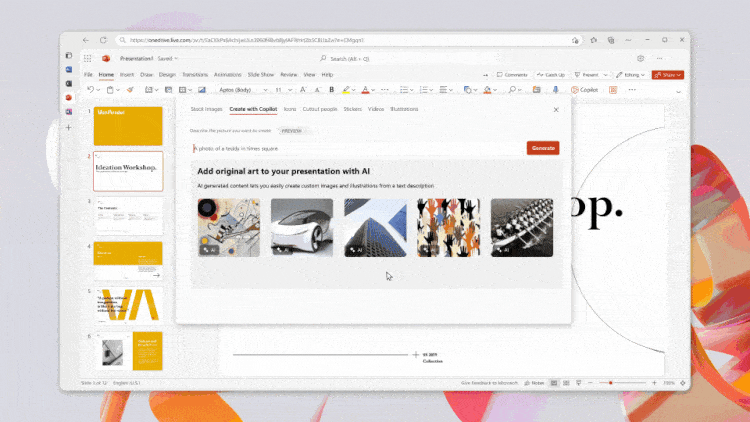
Copilot can use DALL-E to create images in PowerPoint for presentations based on short text descriptions. Image: Microsoft.
Finally, Outlook introduces new Copilot coaching features that provide guidance when writing emails, especially under the pressure of tight deadlines or when dealing with sensitive topics. Copilot will provide guidance on how users can communicate effectively, clearly and with the right tone in these situations. Microsoft has not yet indicated when these new features will be available to paid preview customers.
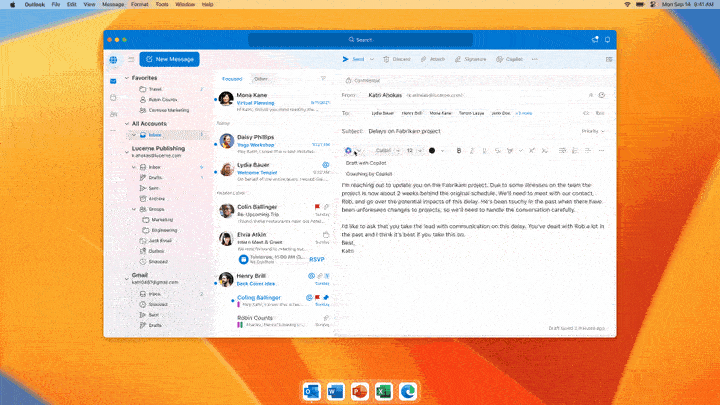
In Outlook, Copilot helps users refine their email tone for better communication on sensitive issues. Image: Microsoft.
No information has been released so far about a public launch (or even an open beta) for the Microsoft 365 Copilot. It is likely that we will first see some of these preview updates that further expand the features. It makes sense that Microsoft would want to take its time before making it available to the general public.
Almost every service that uses large language models has been investigated for spreading misinformation (also known as hallucinations), including Microsoft’s own Bing chatbot. For now, Microsoft has posted a disclaimer on Copilot warning of possible inaccuracies. However, organizations using generative AI technology run the risk of incorporating false or misleading information into their workflows or business communications.
Source: Microsoft
Want to know more?
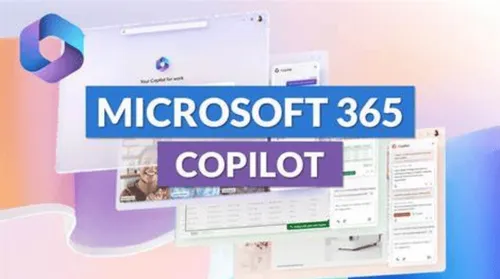
Related
blogs
Tech Updates: Microsoft 365, Azure, Cybersecurity & AI – Weekly in Your Mailbox.
